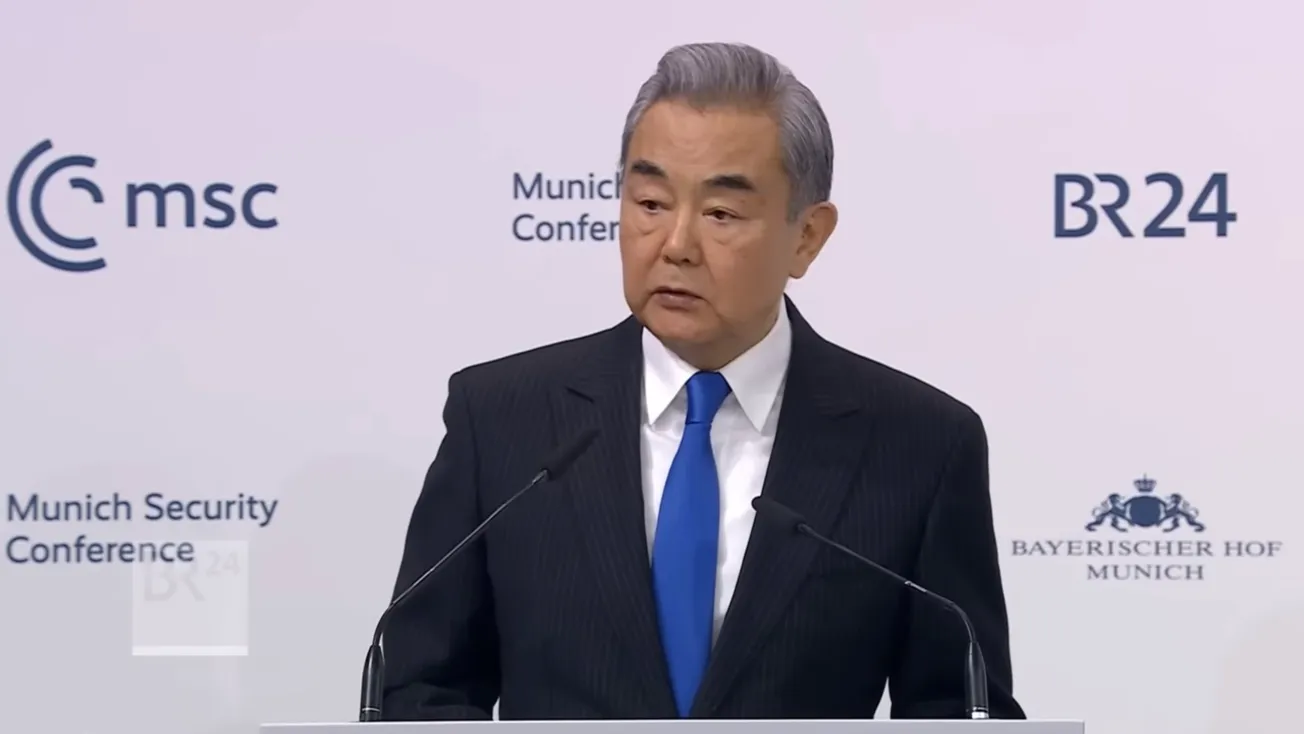U.S. Defense Secretary Lloyd Austin’s stated goal has been to “weaken” Russia; German Foreign Minister Annalena Baerbock’s goal, to “ruin” Russia. The U.S. NATO campaign to “weaken” or “ruin” China is now centered on the Biden Administration’s “chip war.” It is trying to deny China the capability to produce, buy, design or package the extremely miniaturized semiconductor chips—those of 3 to 9 nanometers in wafer thickness—which U.S. hawks believe win wars.
Using sanctions to compel leading companies in Europe and Asia to stop all dealings with China on chips, hurts those companies, for which China is a leading market. So these sanctions have been met with grumbling compliance by some firms, and audible resistance from ASML in the Netherlands, which dominates production of the most advanced ultraviolet lithography chip-printing machinery. But Bloomberg exulted in a wire today that the governments of “Japan and the Netherlands will soon agree to join the United States in restricting exports of semiconductor manufacturing equipment to China” by executive orders. The Netherlands will restrict “ASML Holding NV from selling machines to China used to make certain types of advanced chips,” Bloomberg reported, and Japan will impose the same on Nikon Corp., the report said. According to a Reuters wire, the deal between Dutch and U.S. officials could be finalized out of a meeting of officials from those two governments Jan. 27.
As to Japan’s government, Nishimura Yasutoshi, Minister of Economy, Trade and Industry, told Reuters Jan. 27 “We have been in discussion with the United States and other countries regarding the export-control regime. We will implement any measures in accordance with our Foreign Exchange Law and through international cooperation.”
This is a full-out economic war on China by the United States. China’s response to it, is reported in detail by EIR’s Richard Freeman, in an article to appear Feb. 3.



